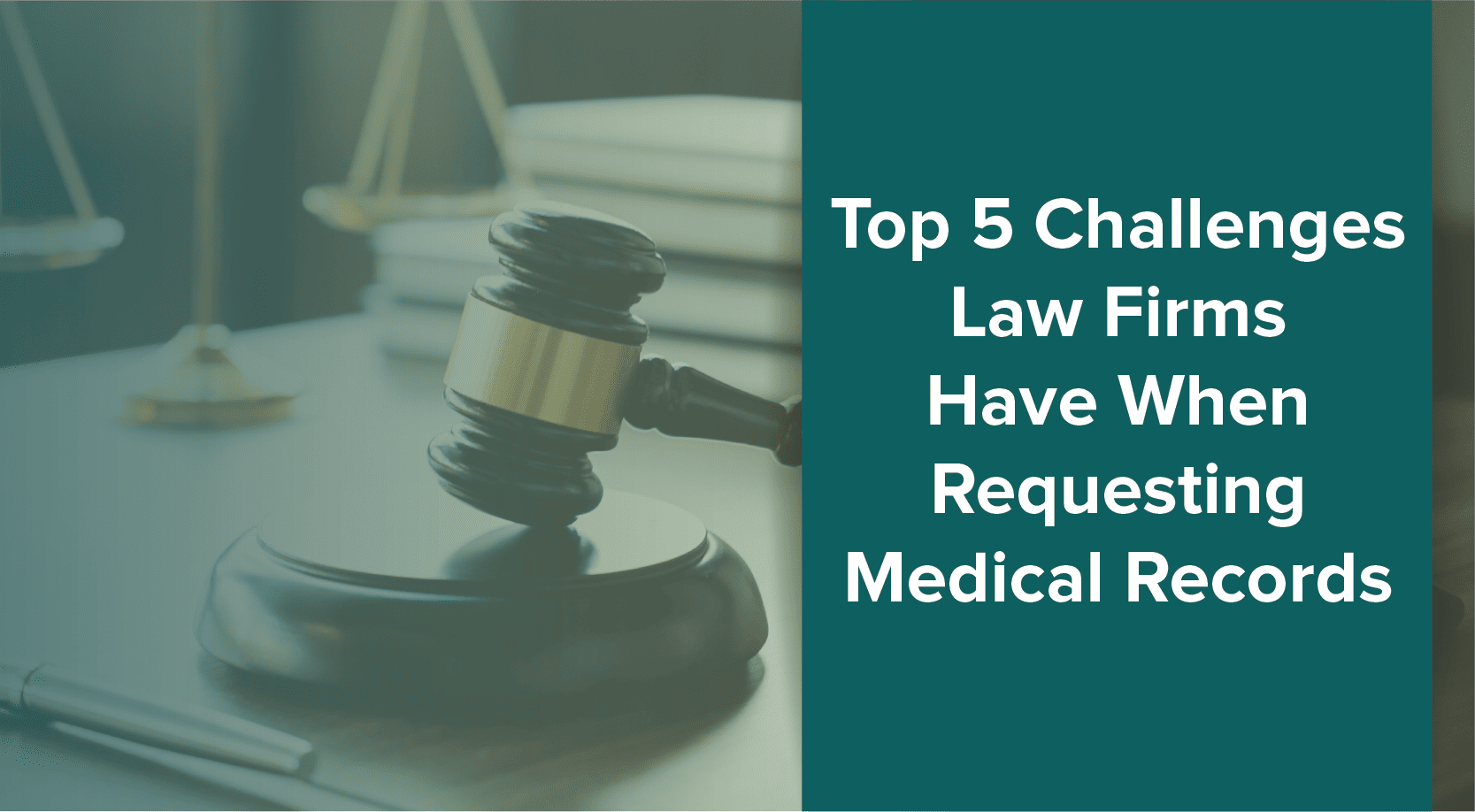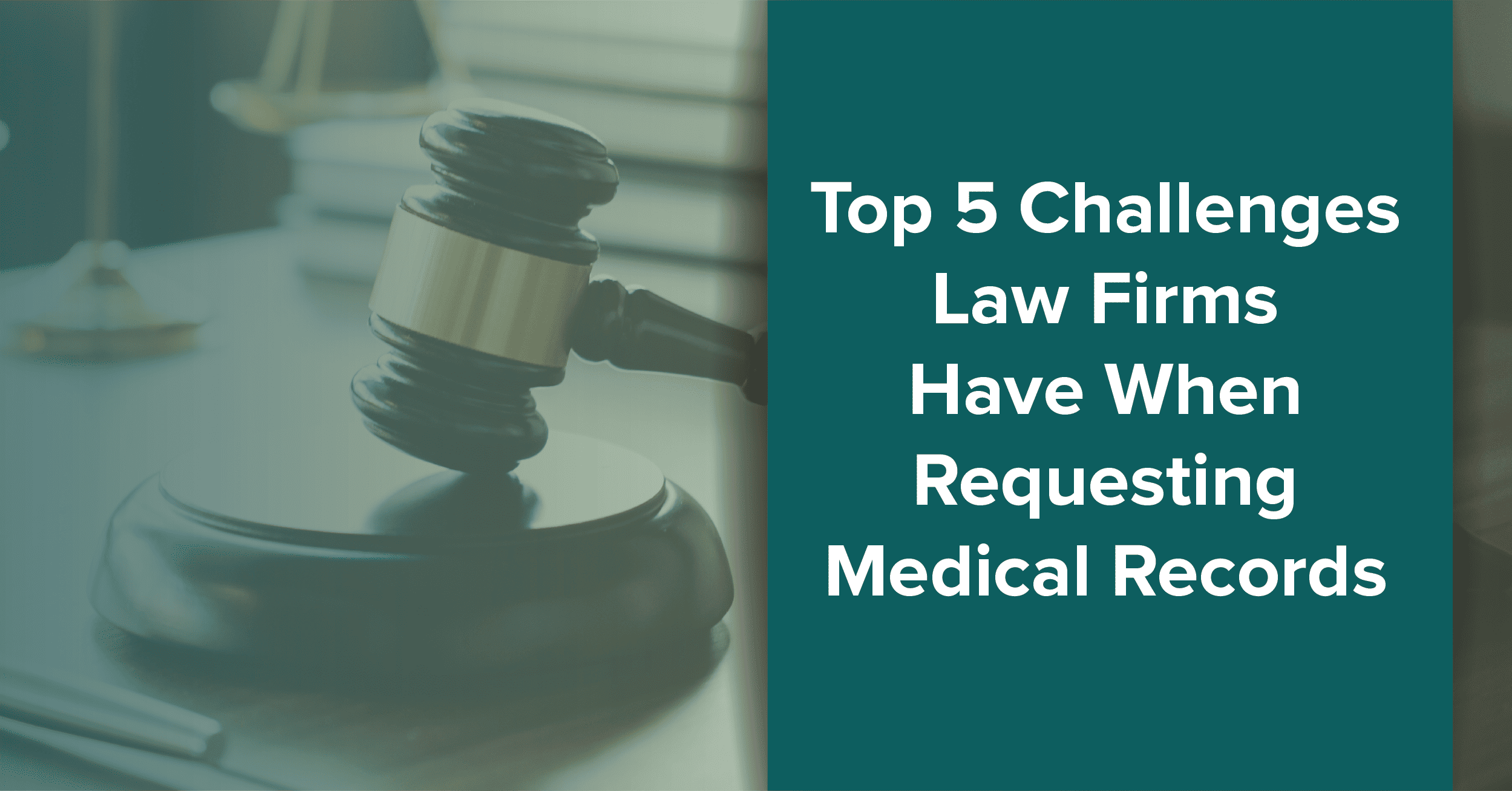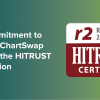
Medical health records are often critical pieces of evidence in legal cases but obtaining them can be a major challenge for law firms. From navigating complex regulations to dealing with unresponsive providers, there are a variety of roadblocks that law firms may encounter when trying to acquire medical health records. In this blog post, we’ll explore the top 5 challenges law firms face when acquiring medical health records and offer some tips for overcoming them.
1. Complex Regulations
One of the biggest challenges law firms face when trying to acquire medical health records is navigating the complex web of regulations governing their release. HIPAA, state privacy laws, and other regulations can make it difficult to obtain medical records, particularly when they involve sensitive patient information. To overcome this challenge, consider partnering with a medical records retrieval service like ChartSwap, with security and data protection as top priorities, and proven expertise in navigating these regulations while ensuring compliance.
2. Unresponsive Providers
A common challenge law firms face when trying to acquire medical health records is dealing with unresponsive providers. Providers may be slow to respond to requests, or may not respond at all, which can delay legal proceedings and cause frustration for law firms. Consider using a medical records retrieval service that has established relationships with providers and can expedite the process of acquiring records. The ChartSwap network connects thousands of providers across the United States, leveraging technology to manage and fulfill records requests.
3. Incomplete and Unorganized Records
Medical records can be complex and, once obtained, are delivered in huge, unorganized piles. It’s not uncommon for them to be incomplete or missing critical information. Law firms are faced with the tedious, time-consuming task of organizing, sorting and locating pertinent information in records to build a strong case. To overcome this challenge, additional services provided by a medical records retrieval service can include record summarization, chronology and indexing tools that provide valuable insights from large amounts of information and a platform for centralized communication, allowing law firms to streamline operations and focus on the more critical tasks that lead to faster case resolutions.
4. High Costs
Acquiring medical health records can be an expensive process, particularly when working with individual providers who may charge high fees for record retrieval. This can be a major challenge for law firms, particularly those working on a budget. To overcome this challenge, consider partnering with a medical records retrieval service that can negotiate lower fees with providers and offer both on-demand and long-term cost-effective solutions.
5. Time-Consuming Processes
Finally, acquiring medical health records can be a time-consuming process, particularly when working with individual providers who may have different processes and requirements for record retrieval. This can be a major challenge for law firms, especially those working on tight deadlines. To overcome this challenge and enable lawyers to take back control of their time and focus on what’s most important, consider using a medical records retrieval service that can streamline the process and provide fast, efficient record retrieval services.
Acquiring medical health records can be a major challenge for law firms. However, by partnering with a medical records retrieval service, navigating complex regulations, dealing with unresponsive providers, ensuring complete records, managing costs, and streamlining processes, law firms can overcome these challenges and obtain the critical medical records they need to build a strong case.
Learn more about record retrieval!
ChartSwap FAQ
How Can Electronic Health Records Improve The Efficiency Of My Staff?
Medical Practice Efficiencies & Cost Savings
Electronic Health Records To Facilitate Clinical Research
Why The Promise Of Electronic Health Records Has Gone Unfulfilled
What It Means To Be A Secondary User Of Health Record Data







